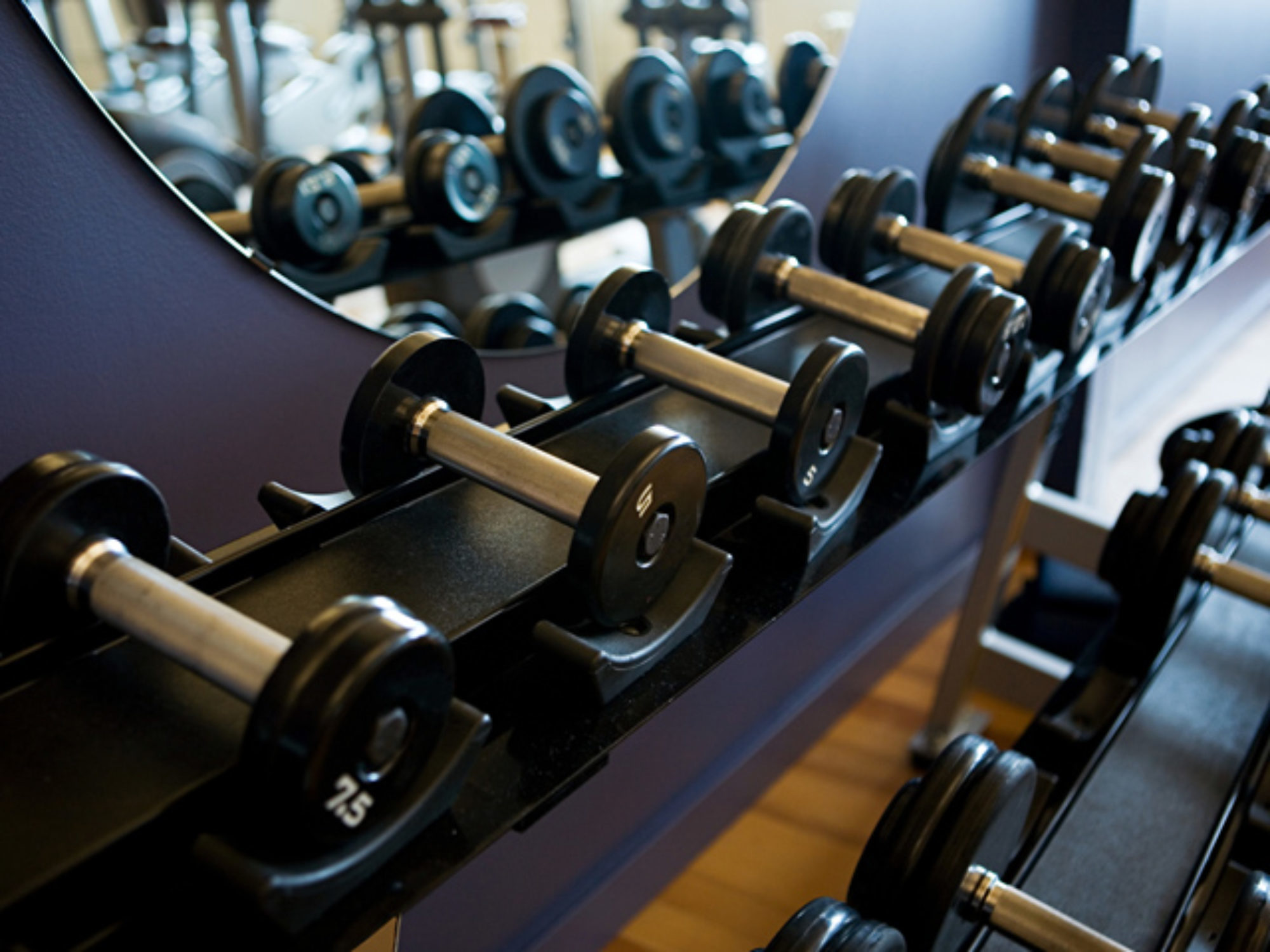Statistics state that 1 in 8 women in the United States will get breast cancer at some point in her life. After skin cancer, it is the most common cancer among women. But that’s not to say this disease only affects the ladies – although rare, “in 2013, more than 2,200 American men will learn they have breast cancer.”1
This month is all about bringing awareness to the disease, which also means knowing how to reduce your risk and detecting the early stages. It’s also important to talk to your doctor about your risk factors, especially if a close family member has had breast or ovarian cancer.
So what can you do to reduce your risk right now? Here are five healthy habits to get you started: 2
- Maintain a healthy weight
- Stay physically active
- Eat fruits and vegetables
- Do not smoke or quit smoking
- Limit alcohol consumption
Detecting the early signs of breast cancer is also one of the best ways to fight the disease. According to the National Cancer Institute, “when breast cancer is detected early, in the localized stage, the five-year survival rate is 98%.” Every person should know the symptoms and signs. It’s also important to perform monthly self-breast exams. The more familiar you are with your breasts, the more likely you are to detect any abnormalities.
Here are the three signs to be aware of and talk to your doctor about:
- A change in how the breast or nipple feels
- A change in the breast or nipple appearance
- Any nipple discharge – particularly clear discharge or bloody discharge
For more information about these symptoms and signs or to learn how to perform a self-breast exam, please visit nationalbreastcancer.org/breast-cancer-symptoms-and-signs. Remember, the best way to fight breast cancer or any cancer for that matter, is to have a plan that helps you reduce your risk factors and detect the early stages of the disease. If you need help creating your plan, sign up here. You’ll receive reminders to do breast self-exams, and schedule appointments and mammograms based on your age and health history.
Resources:
1http://www.cancer.gov/cancertopics/wyntk/breast
2http://www.nationalbreastcancer.org/healthy-habits

